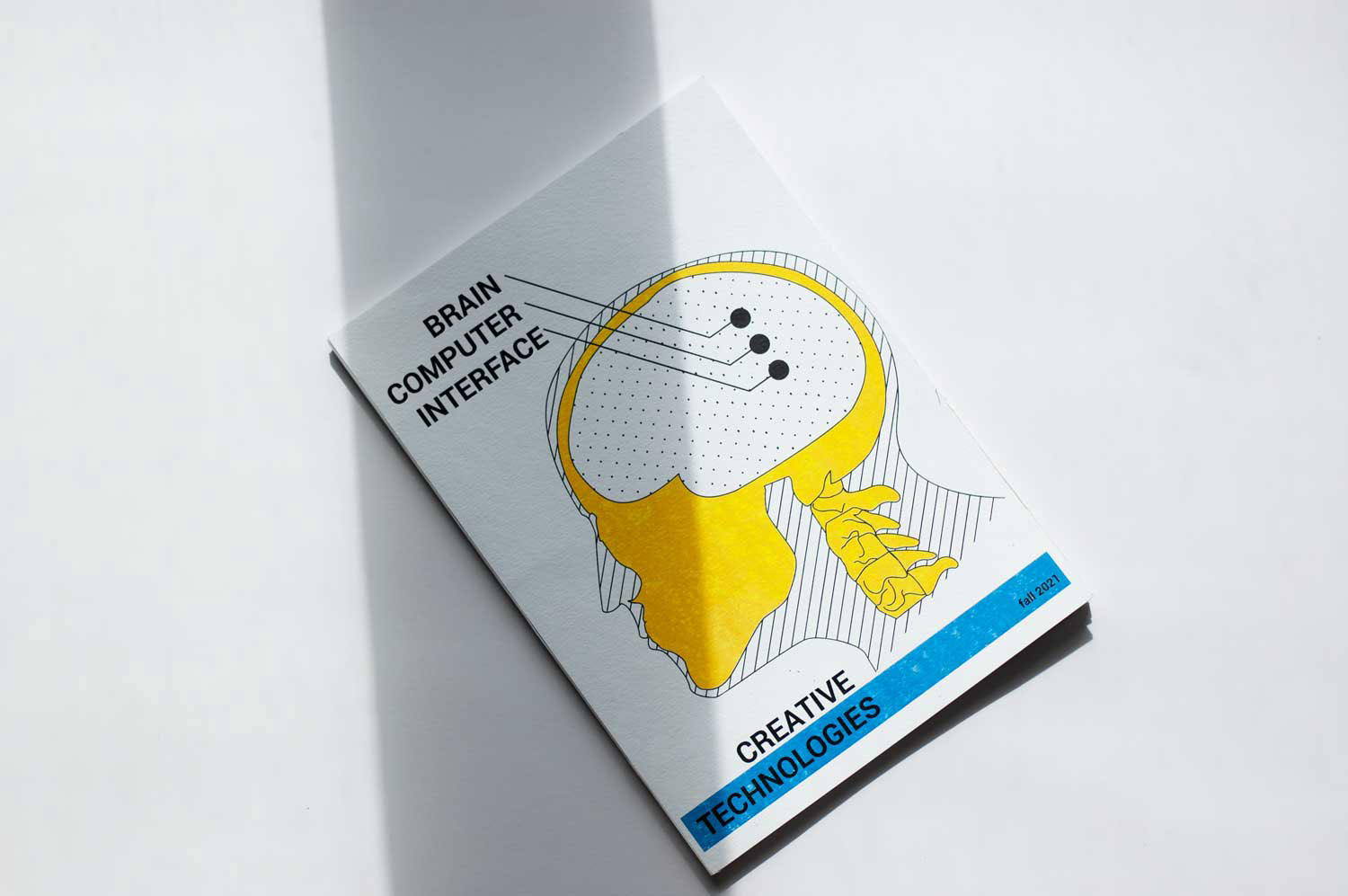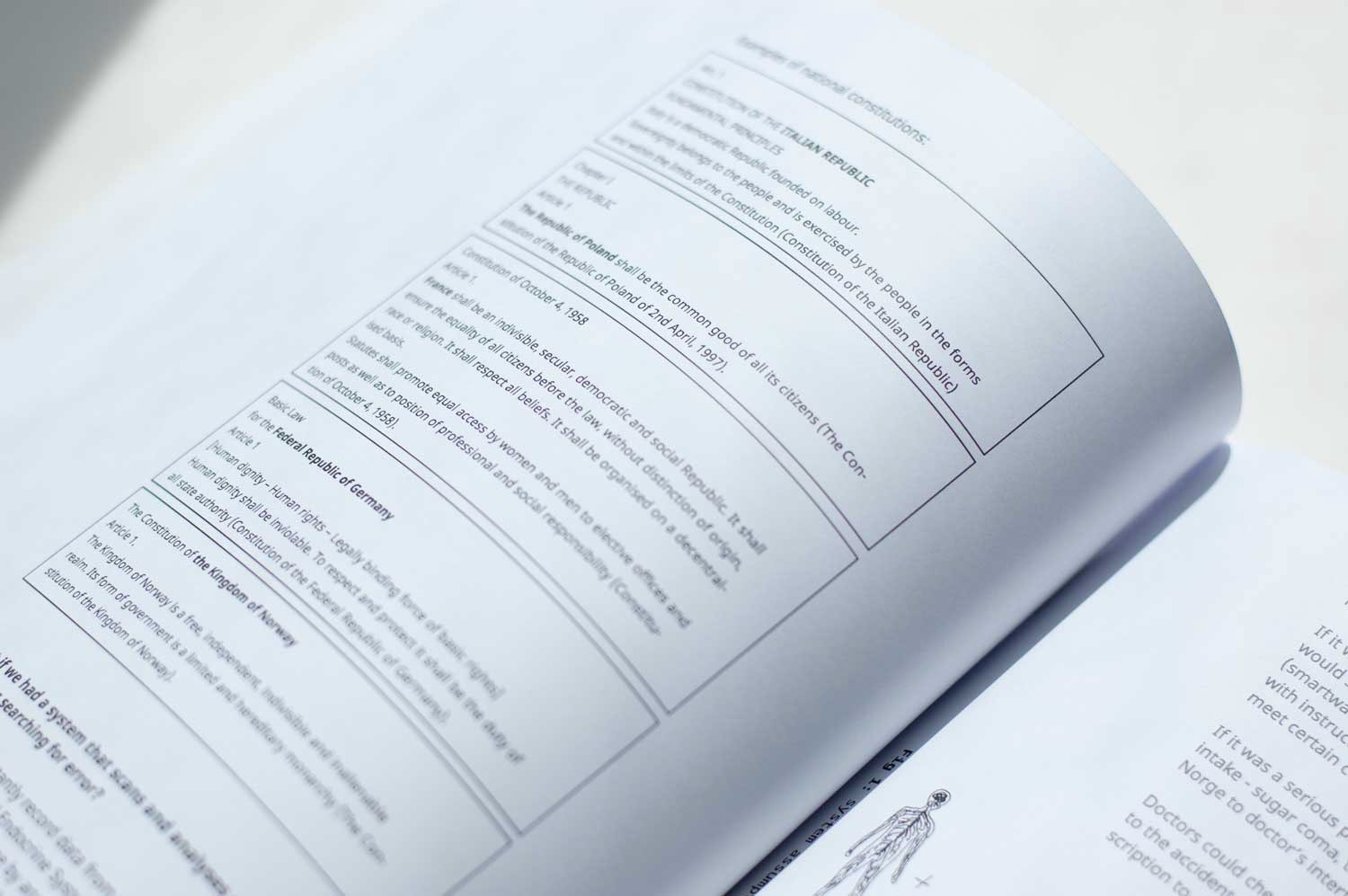A Study of Government Trust and Societal Dynamics in Face of Medical Technology Advancement
2021 | Norway
This research explores the dynamics of government trust and societal attitudes in the context of rapid technological development, specifically focusing on health technology and Brain Computer Interface (BCI). It aims to investigate how advancements in this field are shaping public perception of government institutions, as well as the broader social implications of these changes. Additionally, the study questions the potential impact if BCI were to incorporate surveillance and executive functions.
Results:
Societal trust manifests in two aspects: intention and security. Regardless of the system in which individuals were brought up, those currently residing in high-trust democracies are generally willing to grant health authorities live access to their sensitive health data. However, individuals raised in low-trust government systems view this aspect as crucial. Their primary concern revolves around how the state might exploit the data to threaten its citizens. Some individuals also express worries about data breaches, citing examples from their home countries where sensitive data was compromised. Nonetheless, those from high-trust democracies tend to believe that the government would encrypt the data, ensuring that even in the event of a system breach, unauthorised access would be prevented. Only a few individuals demonstrated awareness of potential breaches from the other end, suggesting that the system could have a causative function and potentially influence their life decisions. Consequently, they proposed that society should be more vigilant about the manipulation of their thoughts. Interestingly, certain individuals from low-trust democratic countries indicated a higher level of trust in international corporations for storing their data than in their own government, believing these corporations, bound by loyalty agreements, are more likely to prioritise their reputation.
People have expressed concerns that the system could potentially impact their physical freedom, focusing not on the manipulation of their thoughts but on their actual liberty. This raises critical questions: when the state has the authority to enforce this system as mandatory, do individuals retain the option to refuse, and if so, what are the potential consequences? Could this system function similarly to COVID passports used in certain countries, where individuals without them face restrictions on accessing specific public places? Alternatively, what if access to the system were granted to employees in labor and welfare administration for monitoring sick days and determining eligibility for sickness benefits?
Interviewees expressed uncertainty about the continuous monitoring of their health data. Some shared feelings of anxiety while awaiting updates on their health parameters, concerned that this might lead to a hypochondriacal state of mind. They indicated a preference for not being constantly connected and proposed a conditional 'what if' scenario. In this scenario, the monitoring protocol would activate automatically in emergencies or life-threatening situations. Otherwise, access to the information would be granted only upon login by either the patient or the doctor.
Additionally, the need to consider individuals with chronic illnesses or the elderly, who may benefit from a health assistant, was highlighted. It was also suggested that patients should have control over the system, including receiving requests for consent whenever someone wishes to access their data.
Two individuals shared their concerns about the blurring boundary between the real and virtual worlds, emphasising the sense of vulnerability that humans often feel in the face of advancing technology. They expressed a preference for preserving their organic and biological nature, choosing to embrace life's natural unfolding. These individuals also reflected on how the need for control over every aspect of life tends to diminish with age. They acknowledged their own fragility within the world and recognised that life's inherent unpredictability is central to its essence.
Two individuals raised significant concerns regarding the potential threats posed by the proposed system. They highlighted that doctors, being the creators and having access to the system, would possess complete control over everyone's DNA database. Such a scenario, they feared, could lead to illicit activities, including involvement in the black market organ trade or intentional harm to patients. Additionally, the unpredictability of human nature was noted as a concern, with the possibility that an employee of the Directorate of Health could misappropriate the entire database and sell it to an insurance company. This could, they feared, result in a rapid increase in insurance policies, determined by the newly acquired biomedical data.


← Back to projects